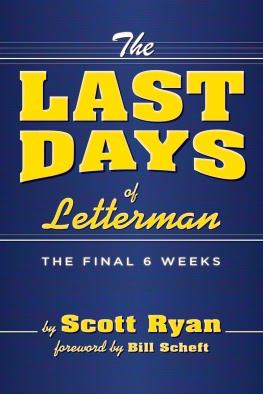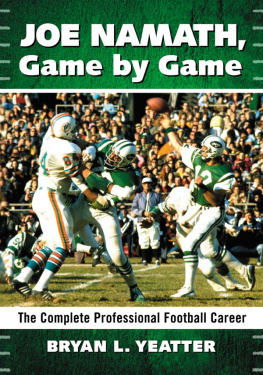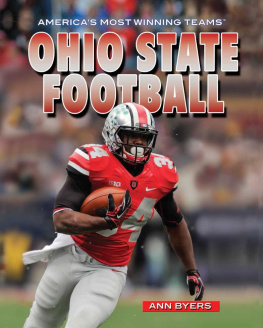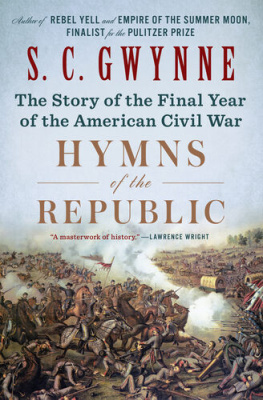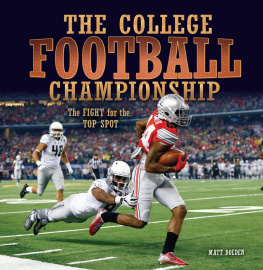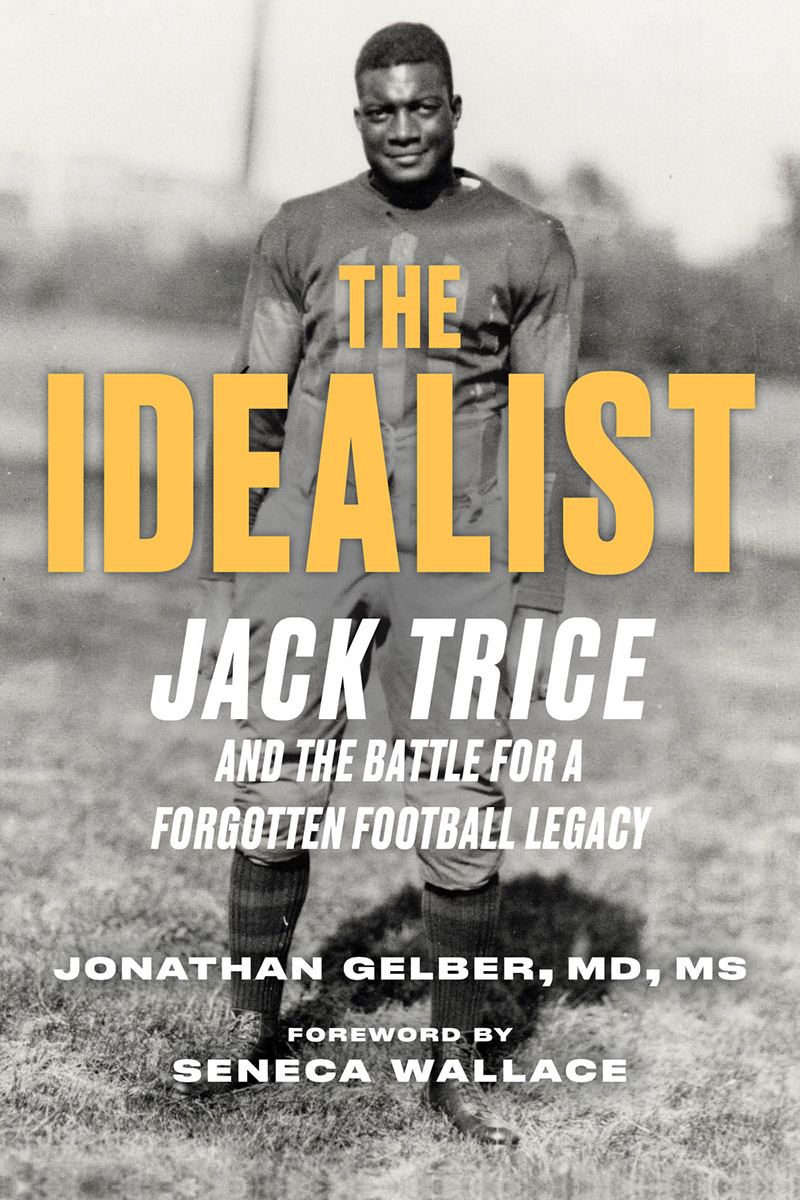
Advance praise for The Idealist
It turns out the long-hidden story of Jack Trice is vivid, evocative, and inspiring.
Bob Costas
The Idealist is the historical account of Jack Tricea Black man who grew up in the Cleveland area and went to Iowa State University as the schools first Black football player. It is a story that teaches us about the past and how much the past is in the present. I have more in common with this story than spending time in Cleveland and finding my escape through football. I too have felt the same responsibility to race, family, and self and can relate to this story, and I am confident that I am not alone. Our battles continue, but my prayer is that they will soon be won and the race war will become something of the past. Thank you, Jonathan, for reminding us that the past is sometimes more important than the present, because without it, we would lose our way.
Hue Jackson, former Oakland Raiders and Cleveland Browns head coach
The Jack Trice story is one that every college football fan should know. It is a shame that Jack is not ingrained in our collective consciousness in the same way Rudy Ruettiger has been for overcoming personal obstacles to achieve his football dreams. Trice, a trailblazer in our sport, not only carried the weight of his own expectations but also those of his entire race. Jonathan Gelber shines a light on Jack Trices rich family history, his purposeful life, his tragic death, and his enduring legacy.
Desmond Howard, 1991 Heisman Trophy winner
Cleveland East Technical High School has many proud graduates, but none are more impactful than Jesse Owens and Jack Trice. Now Jonathan Gelbers book will make Jack Trices story known and understood by our nation.
Jim Tressel, former college head coach who won a national championship with the Ohio State Buckeyes in 2002
I admire and applaud Iowa State University for doing the right thing. Well-done, Iowa State, and well written, Dr. Gelber!
Steve Spurrier, former college football and NFL head coach who won a a national championship with the Florida Gators in 1996
Being from Iowa, and having played quarterback at Iowa State, I know firsthand how important Jack Trice is to every Cyclone who walks on the Ames campus. You wouldnt expect the only major college football stadium named after an African American to be located in Ames, Iowa, but thats because you dont know the story of Jack Trice. His legacy as a Cyclone has made Iowa State a more inclusive institution, and his story has inspired thousands of ISU student-athletes to understand the value of sacrifice for their teams and families. The Jack Trice story represents everything that is good in the world of college athletics.
Sage Rosenfels, Iowa State University quarterback and veteran NFL quarterback
This story is as important as ever. We have come a long way but not far enough. Stories like Jacks matter.
Don Nelson, second-winningest coach in NBA history
Jack Trices legacy was an important part of my experience as a student-athlete at Iowa State University. His story and his character displayed traits such as grit, courage, and toughness. He dedicated his life to being his best self and ultimately gave his all.
Kyven Gadson, three-time All-American wrestler, 2015 NCAA Division I champion, Iowa State University
The little-known story of how Iowa State University, after many years, finally came to name its football stadium after some poor dead Black kidJack Triceis a terrific saga that brilliantly intertwines race, sports, and a special slice of African American history. Jonathan Gelbers research for this book appears impeccable, fueling an insightful biography of Tricewhose career at Iowa State lasted only two games. But this book also offers an intriguing look at how Black history overlapped with sports history during an era when Black athletes were anomalies in White collegiate programs. Trices story is a tragic one, but his endearing impact, spirit, and historic status as one of the schools first Black students moved ISU studentsof all racesto fight and persevere to provide the Trice legacy a well-deserved honor. Its a story that needs to be told.
Michael Hurd, author of Thursday Night Lights and Black College Football 18921992: One Hundred Years of History, Education, and Pride
To Jack and those who reach for the baton
Contents
Foreword by Seneca Wallace
Jack Trice paved the way for athletes like me to reach their fullest potential. Jack sacrificed so much in order to be a trailblazer for Black college athletes, and his story was a powerful catalyst for change in college athletics. The letter that he wrote the night before his final game in Minnesota displays the immense bravery, humility, and sacrifice that made him the great player and person that he was. College athletics still have a long way to go when it comes to equity, but we have Jack Trice to thank for much of the progress that has been made.
In the letter that he wrote before playing Minnesota, he made it clear that he knew he was going into the lions den as a Black player who was not welcome on the field. This is a feeling that many Black athletes know all too well. As a Black quarterback, I often felt like my value was questioned in a position usually filled by a White athlete. Although this experience was challenging for me, I know that my experience would have been much more difficult if athletes who came before me, including Jack Trice, had not faced seemingly insurmountable obstacles with extreme courage and strength. This is why it is important for me to pass the torch to younger Black athletes and help them navigate the challenges that they may face and acknowledge the stories and sacrifices that others made before me.
I am thankful for Jacks courage to sacrifice his body, pride, and ultimately his life. His moral strength helped open doors and create opportunities for other college players of color, including me. This college career gave me a chance to compete in the NFL, and I played 10 years as a professional athlete. Jack Trices career made mine possible. As a football player at Iowa State, I have always felt proud and honored to have played in the only stadium named after a Black man. His story should be known and honored.
Seneca Wallace, former Iowa State quarterback and the first African American quarterback to start a regular-season game for the Green Bay Packers
Foreword by Eugene Smith
It is said that 12 th -century theologian John of Salisbury borrowed from Isaac Newton when he wrote: We are like dwarfs sitting on the shoulders of giants. We see more, and things that are more distant, than they did, not because our sight is superior or because we are taller than they, but because they raise us up, and by their great stature add to ours.
I have no doubt in my mind that Jack Trice fully understood the peril he faced when he represented Iowa State University as the first and only Black member of its football team in 1923.
Denied the opportunity to live on campus with his fellow students, denied the opportunity to room and dine with his teammates on the road, and in some instances his team denied the opportunity to compete against all-White teams that refused to play against a team with a Black player, Jack was undaunted. With tremendous strength of character, grace, and courage, he persevered in circumstances so challenging and even dangerous because he understood that by his great stature, he was adding to all of us who would come after him.


